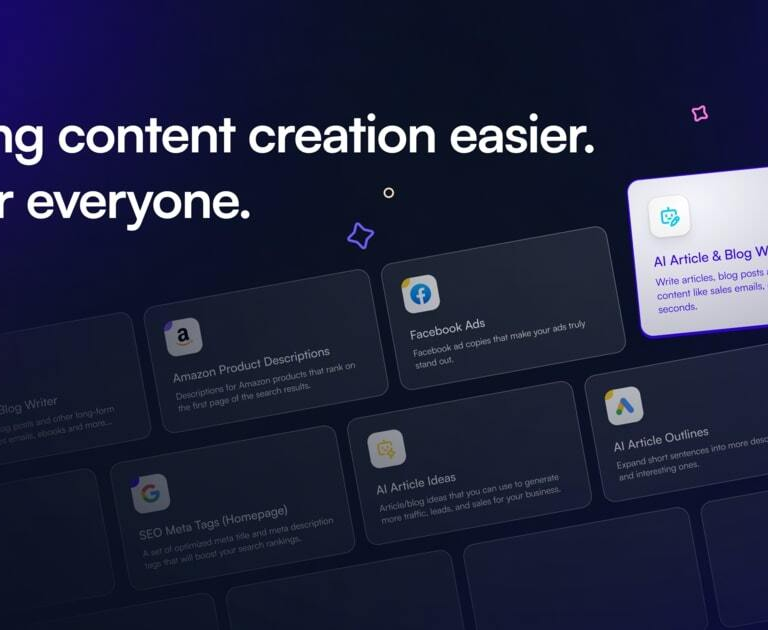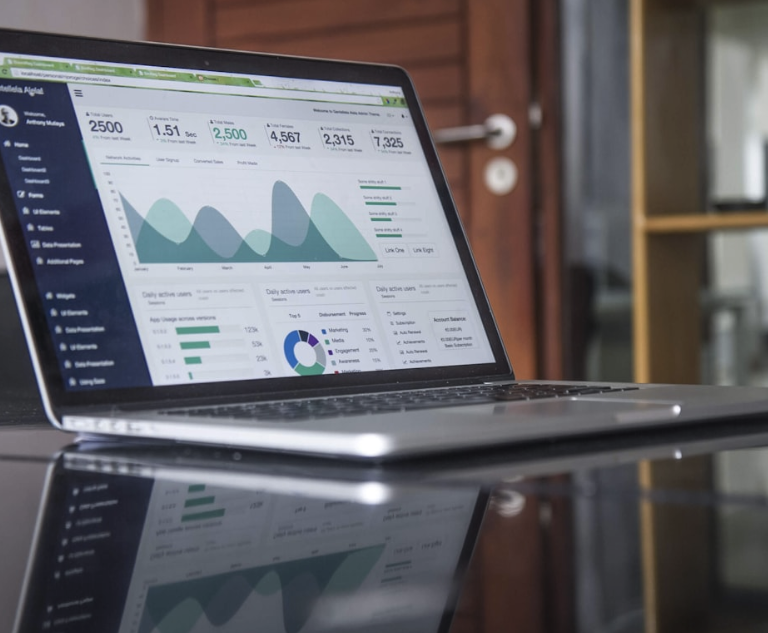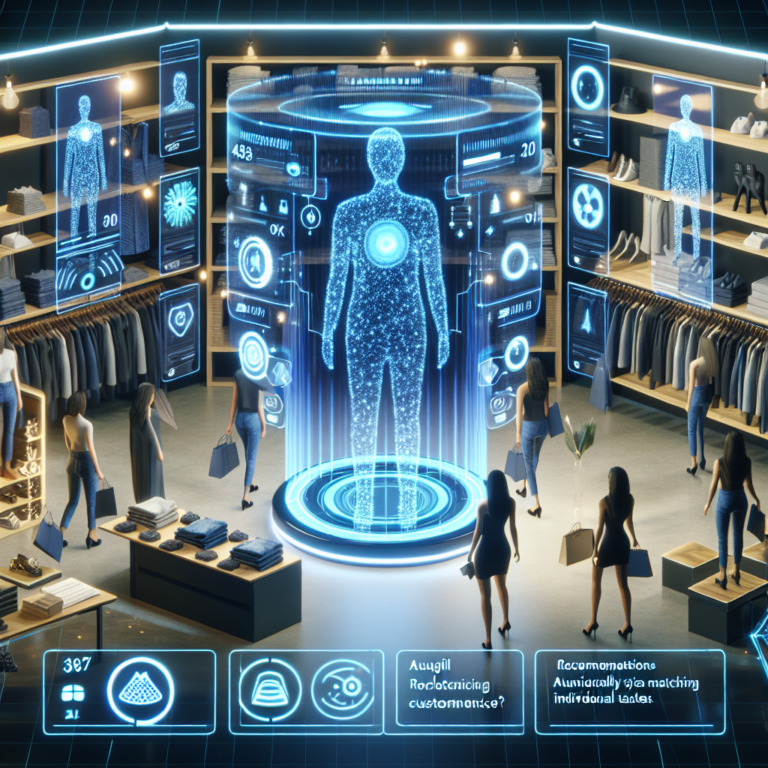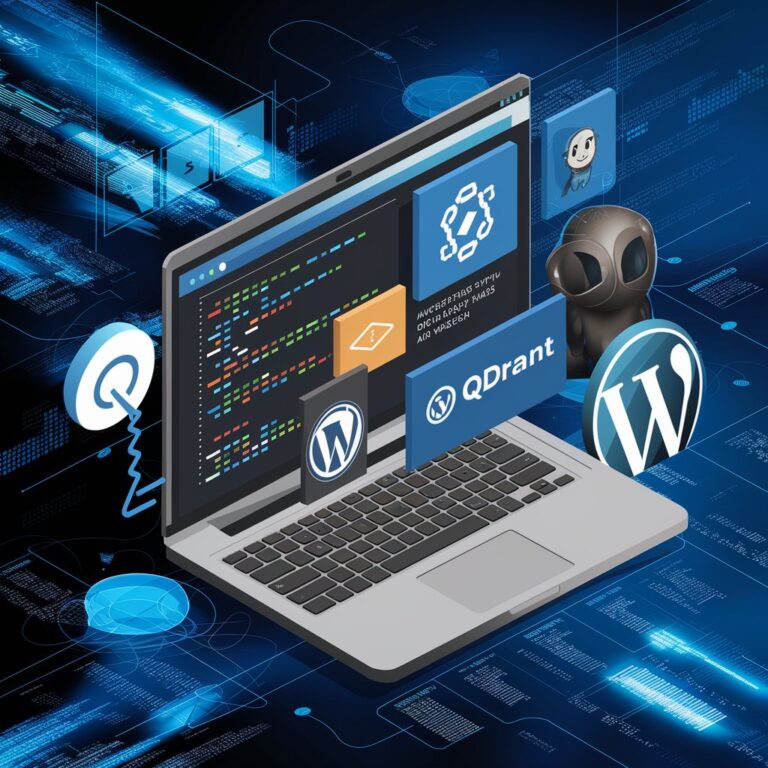
Introduction: Benefits of AI for Small Businesses
Artificial Intelligence (AI) has rapidly transformed from a futuristic concept to a practical tool that businesses of all sizes can leverage. While AI’s initial adoption was largely confined to tech giants and large corporations, its accessibility has dramatically increased, enabling small businesses to harness its power. In this article, we’ll explore the manifold benefits AI offers small businesses, showing how it can drive growth, improve efficiency, and enhance customer experiences. Let’s delve into how AI is changing the game for small businesses.
Improved Decision Making
Data-Driven Insights
One of the primary advantages of AI is its ability to analyze vast amounts of data quickly and accurately. For small business owners, this means transforming raw data into actionable insights that inform strategic decisions. AI tools can sift through sales data, customer feedback, and market trends to highlight patterns and correlations that might not be immediately apparent.
For example, a local retail store can use AI analytics to understand customer buying habits, determining which products are popular during certain times of the year. This data can help in planning inventory, tailoring marketing campaigns, and setting competitive prices. Instead of relying on gut feelings, business owners can make informed decisions backed by solid data.
Predictive Analytics
Beyond analyzing past and current data, AI excels in predictive analytics. This technology uses historical data to predict future outcomes, giving businesses a heads-up on potential trends and customer behaviors. For instance, an e-commerce platform might use predictive analytics to forecast sales spikes during holiday seasons, allowing them to stock up accordingly and avoid stockouts or overstocking.
Consider a small fitness center using predictive analytics to anticipate membership renewals and identify which members are likely to churn. By recognizing these patterns, they can proactively reach out to at-risk members with personalized offers, thereby improving retention rates.
Enhanced Customer Experience
Personalization
In today’s competitive market, personalization is key to standing out and building customer loyalty. AI enables businesses to deliver personalized experiences at scale, tailoring interactions based on individual customer preferences and behaviors. AI-driven tools can analyze customer data to suggest products, recommend content, or customize marketing messages that resonate on a personal level.
For example, a small online bookstore can use AI to recommend books based on a customer’s past purchases and browsing history. This level of personalization not only enhances the customer experience but also increases the likelihood of repeat purchases.
Customer Support
AI-powered chatbots and virtual assistants are revolutionizing customer support by providing instant, 24/7 assistance. These tools can handle a wide range of queries, from simple FAQs to more complex issues, freeing up human staff to focus on higher-value tasks. For small businesses, this means improved customer service without the need for a large support team.
Imagine a small tech company using an AI chatbot to assist customers with troubleshooting common issues. The chatbot can quickly provide solutions, schedule service appointments, or escalate more complex issues to a human representative. This ensures that customers receive timely support, enhancing their overall experience and satisfaction.
Increased Efficiency and Productivity
Automation of Repetitive Tasks
AI excels in automating repetitive and time-consuming tasks, allowing employees to focus on more strategic activities. Small businesses can benefit immensely from automating processes like data entry, scheduling, and email responses, leading to significant time savings and reduced human error.
For instance, a small marketing agency might use AI to automate the process of generating and sending weekly performance reports to clients. This automation not only speeds up the reporting process but also ensures accuracy and consistency, freeing up the team to focus on creative campaign development.
Operational Efficiency
AI can optimize various operational processes, from supply chain management to workflow automation. By analyzing data and making real-time adjustments, AI ensures that operations run smoothly and efficiently. This optimization can lead to cost savings and improved productivity.
Consider a small manufacturing company using AI to manage its supply chain. AI can predict demand fluctuations, optimize inventory levels, and streamline logistics, ensuring that the right products are available at the right time. This level of efficiency reduces waste, lowers costs, and improves customer satisfaction.
Cost Savings
Reduction in Operational Costs
One of the most tangible benefits of AI for small businesses is cost reduction. By automating tasks and optimizing processes, AI helps reduce labor costs and operational expenses. Small businesses can achieve more with fewer resources, making AI a cost-effective solution.
For example, a small real estate agency can use AI-powered tools to automate administrative tasks such as scheduling property viewings, managing client communications, and processing paperwork. This automation reduces the need for additional administrative staff, leading to significant cost savings.
Better Resource Allocation
AI assists in better resource allocation by providing insights into where resources are most needed and where they can be optimized. This ensures that businesses make the most of their available resources, enhancing overall efficiency and effectiveness.
Take a small restaurant using AI to analyze customer dining patterns and inventory usage. The AI can suggest optimal staffing levels for different times of the day and recommend inventory orders based on predicted demand. This ensures that the restaurant runs smoothly without overstaffing or running out of popular menu items.
Enhanced Marketing Strategies
Targeted Marketing Campaigns
AI can dramatically improve the effectiveness of marketing campaigns by identifying and targeting the right audience. AI tools analyze customer data to segment audiences and create highly targeted marketing messages that resonate with specific groups.
For instance, a small clothing boutique can use AI to segment its customer base by age, purchasing behavior, and preferences. This segmentation allows the boutique to send personalized promotions to different customer groups, increasing the likelihood of engagement and conversions.
Real-Time Analytics
Real-time analytics is crucial for making quick adjustments to marketing strategies. AI provides up-to-the-minute data on campaign performance, enabling businesses to make timely decisions and optimize their marketing efforts.
Imagine a small business running a digital ad campaign. With AI-driven real-time analytics, they can monitor the campaign’s performance, identify which ads are resonating with the audience, and adjust the budget or content accordingly. This agility ensures that marketing efforts are always aligned with current trends and customer preferences.
Competitive Advantage
Staying Ahead of Competitors
Early adoption of AI can provide a significant competitive edge. Small businesses that leverage AI to improve operations, enhance customer experiences, and make data-driven decisions are better positioned to outperform competitors who rely on traditional methods.
Consider a small online retailer using AI to optimize its supply chain, personalize marketing efforts, and provide exceptional customer service. These advantages can help the retailer attract and retain customers more effectively than competitors who have not embraced AI.
Innovation and Growth
AI fosters innovation by enabling businesses to explore new opportunities and develop innovative solutions. By leveraging AI, small businesses can drive growth, expand into new markets, and stay ahead of industry trends.
For example, a small tech startup might use AI to develop a new product feature based on customer feedback and market trends. By continuously innovating and adapting to market needs, the startup can grow its customer base and increase its market share.
Conclusion
The benefits of AI for small businesses are clear: improved decision making, enhanced customer experiences, increased efficiency and productivity, cost savings, enhanced marketing strategies, and a competitive edge. AI is no longer a luxury reserved for large corporations; it’s a powerful tool that small businesses can and should embrace.
By setting clear goals, collecting and analyzing data, making data-driven decisions, and continuously improving your AI strategy, you can unlock the full potential of AI to drive growth and success. The game is changing, and with AI, small businesses have the opportunity to compete and thrive like never before.
Stay ahead of the curve and explore our recommended AI tools and resources to get started on your AI journey today.






